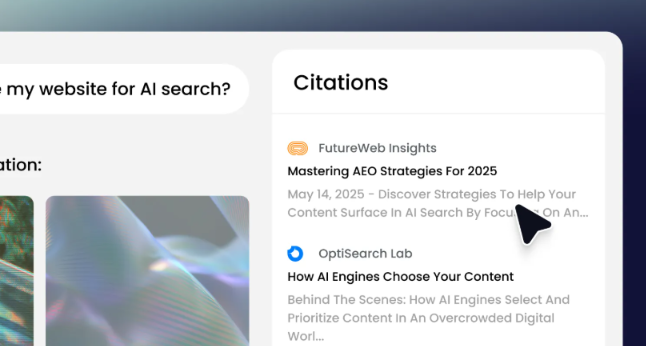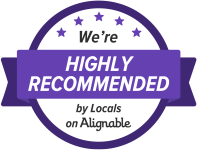How to Make Your Small Business Website Insanely Effective
In today’s digital age, your website is your business' front door. It’s the first impression for potential customers, a 24/7 representative of your brand, and a powerful tool for growing your business. But having a website isn’t enough—it has to be effective. Here’s how you can make sure your small business website is truly working for you.
YOUR VISITORS/CUSTOMERS EXPECT IT
Let me ask you this: Do you trust a business that doesn't a website that isn't easy to navigate through much less no website at all? You already know the answer. Almost everyone today is tech savvy and the first thing they do after hearing about your business or seeing on social media is head online to check your digital presence.
If their search results come up short, then it's on to the next one. Decisions are made that quickly.
FOCUS ON MOBILE OPTIMIZATION
More than half of website traffic comes from mobile devices, so a mobile-optimized website is essential. Make sure:
Responsive Design: Your website adjusts seamlessly to different screen sizes.
Mobile-Friendly CTAs: Keep buttons large enough to tap easily and avoid pop-ups that can be difficult to close on mobile.
Page Load Speed: Optimize images and scripts for fast loading on mobile devices—this keeps users engaged and boosts SEO rankings.
ENGAGING APPEARANCE
Your homepage is often the first impression a visitor will have with your brand. It should immediately communicate who you are, what you offer and why their choosing your brand.
If you don't know how to build a professional website for your business, consider hiring someone before you attempt it yourself.
CONTENT IS KING
One crucial component that often shapes the user experience and determines the site's success is content. Compelling, relevant, and engaging content doesn’t just fill space on a page—it serves as the foundation for attracting and retaining visitors, fostering trust, and driving conversions.
Consistent, thoughtfully crafted content helps build a memorable brand voice, making it easier for visitors to connect with and remember your business.
Good content filled with valuable information, relevant keywords, and organized headers makes it easier for search engines to understand your site. The better your content, the higher your chances of ranking well on search results, which drives more organic traffic. High-quality, unique content like blogs, articles, and FAQs can also attract backlinks, further boosting your SEO.
FINAL THOUGHTS
A website is one of the most powerful tools in your small business arsenal, but only if it’s set up for success. By prioritizing clear messaging, mobile optimization, SEO, customer testimonials, and security, you’ll be well on your way to creating a website that attracts, engages, and converts visitors into loyal customers.
Take the time to invest in these strategies, and your website will become a powerful asset that drives growth and reflects your brand’s unique value.











